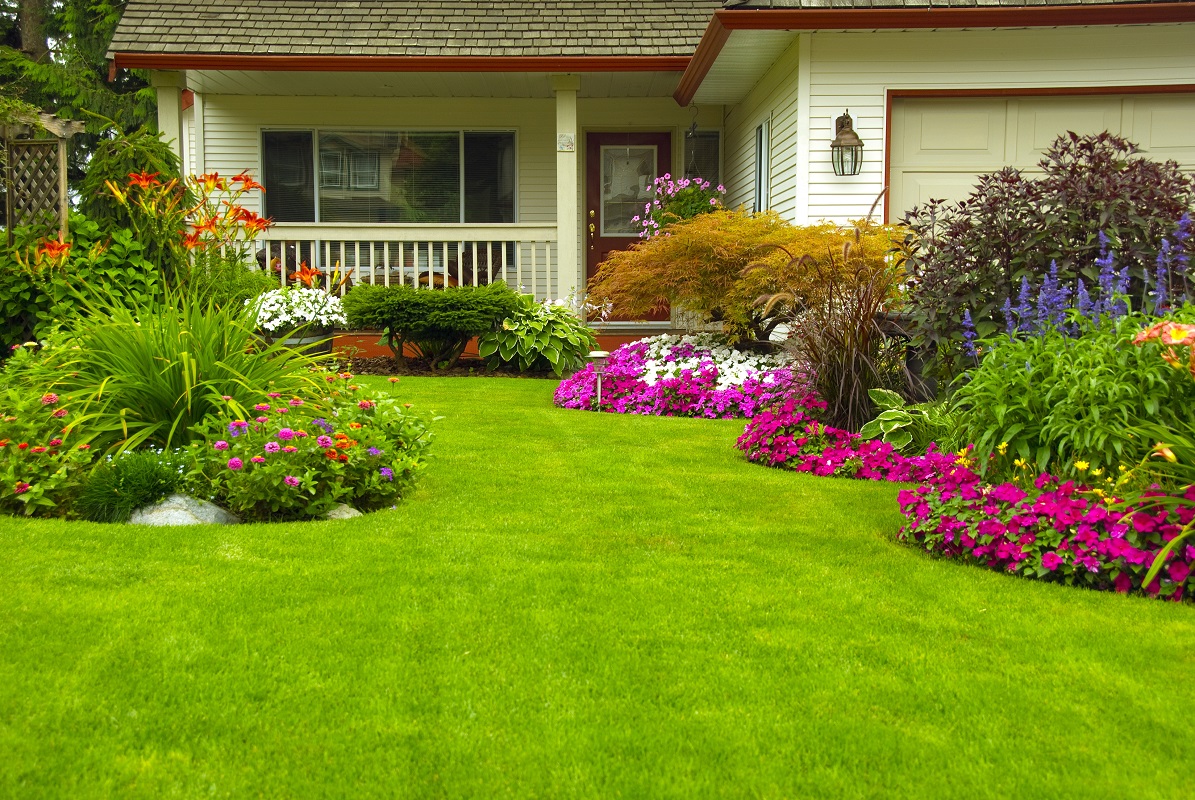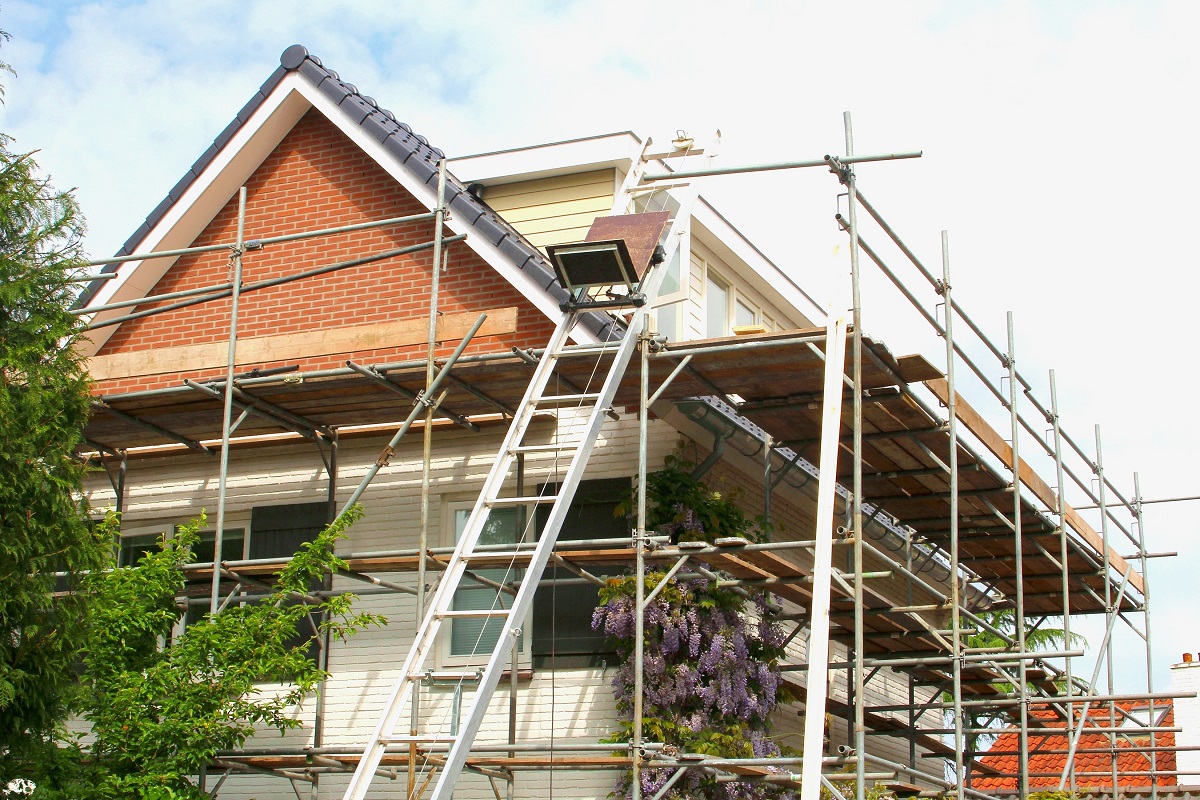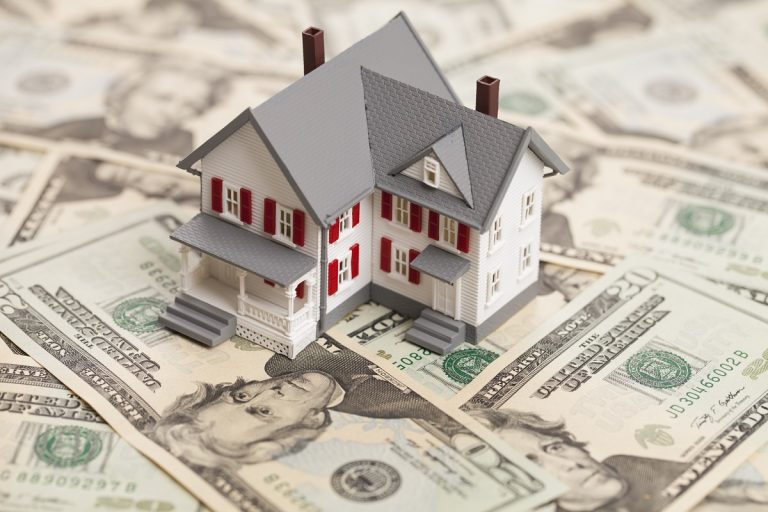- Home values are influenced by various factors such as location, maintenance, and current market trends.
- Landscaping, neighborhood safety, home upkeep, odors, and room conversions can significantly impact property value.
- Regular maintenance and timely renovations can prevent depreciation and increase home value.
- Enhancements to curb appeal and energy efficiency make homes more appealing to prospective buyers.
- Understanding market conditions and buyer preferences is crucial when making changes to increase home value.
Every homeowner wants to get the highest appraisal possible when selling or refinancing a home. However, some unexpected factors can decrease the value of your home. Here are some surprising things that can reduce your home value. From the location to the property’s condition to the average cost of homes today, here’s everything you need to know.
Average Price of Homes Today
It’s estimated that homes now cost $410,000 on average in the United States. If your home is priced significantly higher than this, it may be hard to sell. Likewise, if you live in an area where the homes are priced much lower than this, it could affect the overall value of your property. It’s essential to research your area’s current market trends and prices before setting a selling price for your home.
What Can Decrease Your Home Value?
Certain things can affect your home value. Here are some of those things:
1. Poor Landscaping

The landscaping of your home has a significant impact on the curb appeal and value of your property. Overgrown plants, dead grass, and unkempt lawns can be an eyesore for potential buyers. On the other hand, a well-manicured lawn, neat flower beds, and healthy plants and shrubs can make your property look more inviting. So, ensure you invest time and money in maintaining your lawn and garden.
2. Bad Neighborhood
The location of your home is a critical factor that can impact its value. It can reduce your property’s value if your home is located in a high-crime area, near a noisy highway, or in a flood-prone zone. Finding buyers willing to invest in a risky neighborhood can be challenging, even if your home is pristine. Therefore, consider the location carefully before purchasing a home to ensure it meets your requirements.
3. Lack of Maintenance
A well-maintained home is always more valuable than a neglected one. If your home has not been renovated or updated in many years, it may not sell for as much as you like. A leaky roof, peeling paint, outdated appliances, and old flooring can all reduce the value of your property. Keep your home in good repair and make necessary updates periodically to maintain or increase its value.
4. Odors and Stains
It can drastically reduce its value if your home has a strong odor or stained surfaces. Keeping your home smelling fresh and clean is essential by avoiding smoking inside, cooking pungent dishes, and keeping pets clean. You should also take care of stains like wine, coffee, or pet urine, as they can make your home look unsanitary and unappealing to buyers.
Additionally, ensure that your air ducts are secure. A local residential air duct repair service can do this for you. They can take care of any stains caused by leaks or odors that might have been carried through the ducts.
5. Room Conversion
While modifying your home to suit your needs is fine, converting rooms that were supposed to be bedrooms into something else, like a home office or game room, can devalue your home. Buyers seek homes with adequate living and bedroom spaces, so converting a vital bedroom into something else could harm your home’s resale value. Therefore, think twice before converting rooms in your home.
Reliable Ways to Increase Your Home Value
While some things can decrease your home value, others can increase it. Here are some reliable ways to do so:
1. Renovations and Updates

Renovating and updating your home is the most efficient way to increase its value. Whether a minor bathroom remodel or a full kitchen renovation, these updates can make your home more appealing to buyers and improve its overall value. You can also consider energy-efficient upgrades like solar panels to attract buyers looking for eco-friendly homes.
2. Curb Appeal
Investing in curb appeal can pay off significantly when selling your home. You can achieve this by adding a fresh coat of paint, planting colorful flowers, and tidying your lawn and garden. These small changes can greatly affect your home’s overall look and value.
3. Energy Efficiency
With rising energy costs, more buyers are looking for energy-efficient homes. Installing energy-efficient appliances, windows, or insulation can make your home more attractive to buyers and increase its value. Additionally, it can save you money on your utility bills while you’re still living in the home.
Understanding the factors that can decrease or increase your home’s value is crucial for selling or refinancing. You can significantly enhance your home’s value by maintaining your and making thoughtful upgrades. Remember, every home is unique, and what works for one might not work for another. Therefore, it’s essential to consider your neighborhood’s market conditions and potential buyers’ preferences before making any significant changes. By doing so, you will be well on your way to getting the most from your investment when it’s time to sell.

